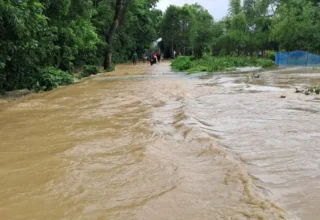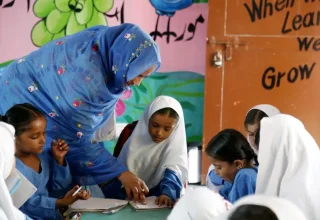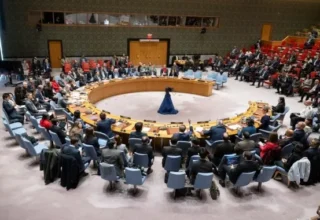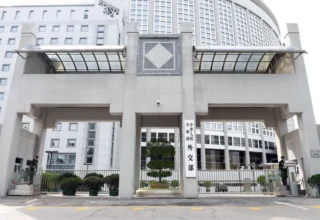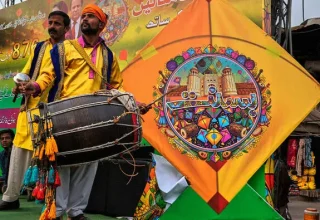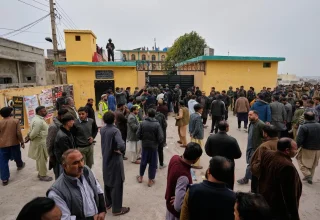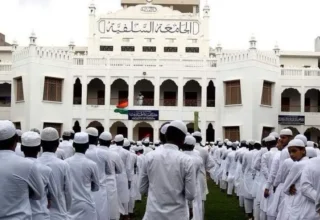
The Allahabad High Court in Uttar Pradesh has declared the Madrassa Act 2004 unconstitutional, leading to an immediate ban on madrassas and Islamic schools in the state. This decision affects approximately 2.7 lakh students and 10,000 teachers across 25,000 madrassas.
Under the ruling, students enrolled in Islamic schools are to be transferred to central schools, altering the educational landscape for many families.
Madrassas, which provide instruction in both general subjects like mathematics and science alongside teachings of the Quran and Islamic history, have long been a cornerstone of education for many Muslim communities.
Critics argue that this move disproportionately impacts the Muslim population, as other religious educational institutions, such as Hindu gurukals, remain unaffected. Gurukals, similar to madrassas, offer teachings on ancient Vedic scriptures alongside conventional subjects under the guidance of a guru or teacher.
This decision comes amidst a backdrop of perceived discrimination against Muslims in Uttar Pradesh, where the BJP-led government has implemented several controversial laws in recent years. The move raises concerns about the state’s commitment to secularism and equality, particularly given the significant Muslim population in Uttar Pradesh, which comprises around 20 percent of the total populace.
This isn’t the first instance of such action; in January 2024, the Modi government faced criticism for withholding salaries from over 25,000 Muslim teachers, further exacerbating tensions. Additionally, in December 2020, Assam passed a similar law targeting Islamic schools, reflecting a broader trend of policies impacting minority educational institutions.
The implications of this decision extend beyond educational realms, highlighting broader societal debates around secularism, minority rights, and government intervention in religious affairs. As stakeholders grapple with the fallout, the future of Islamic education in Uttar Pradesh remains uncertain, with implications for the state’s diverse cultural fabric.



















